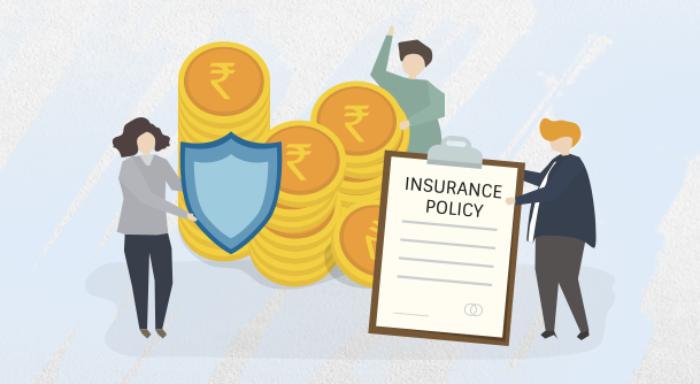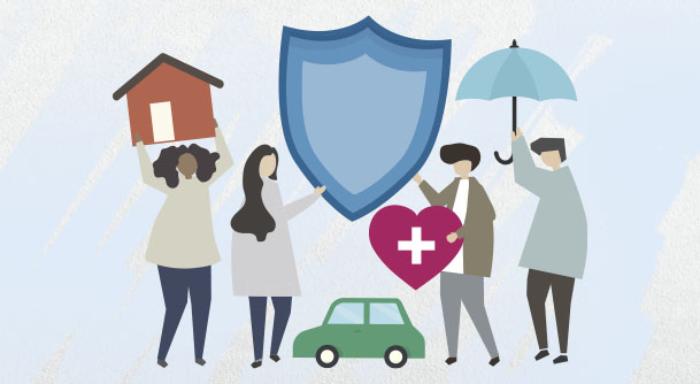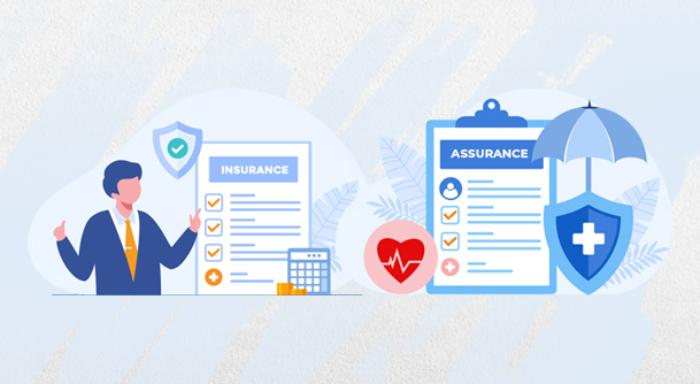Common Life Insurance Scams and Tips to Avoid Them
Blog Title
2179 |
3/17/25 8:30 AM |
Life insurance is designed to provide financial protection and a safety net to you and your loved ones in the case of unforeseen circumstances. However, fraudsters have discovered several methods to take advantage of uninformed policyholders. As digital transactions become the standard, life insurance scams are becoming more prevalent.
These scams can take many forms, ranging from fake insurance to fraudulent claims, leaving victims with severe financial losses and emotional stress. Thus, it is essential to understand the types of scams that are prevalent in the life insurance sector. This guide will help you understand common scams and learn how to avoid them. Understanding the nature of these scams will assist you in protecting yourself and your loved ones from fraud.
Common Life Insurance Scams
1. Fake Insurance Companies
Fake insurance companies are perhaps one of the most dangerous scams. They involve entities or companies that aren't registered or licensed to sell insurance. Some scammers create entirely fake insurance companies, complete with professional websites and convincing agents.
They create websites and marketing materials that mimic legitimate insurance companies and promise lucrative policies offering unbelievably low premiums to attract buyers, but after payments are made, the company disappears. Victims typically become aware of the fraud when they seek to make a claim, only to discover that the company never existed.
2. Policy Mis-Selling
Policy mis-selling happens when agents mislead customers into purchasing policies that do not match their needs or deliver their advertised benefits. Agents falsify and utilise high-pressure sales methods to demonstrate the policy's benefits, pushing customers to purchase the insurance.
Some agents may also offer unrealistic returns or fraudulently represent insurance as an investment strategy.
3. Phishing Scams (Email/Phone Fraud)
Phishing frauds involve fraudsters impersonating legitimate insurance companies or agents using emails, phone calls, or SMS and requesting sensitive information such as Aadhaar numbers, bank information, or login credentials. They may claim that your coverage requires immediate verification or payment to be valid.
For example, you may receive an email indicating there is an issue with your current insurance. The email could show that your latest premium was not received or that the insurance provider cancelled your coverage entirely. It will then advise you that if you wish to continue your coverage, you must give your personal information.
4. Surrender Scam
Surrender scams typically target individuals who already have life insurance policies. Fraudsters, including rogue agents, may persuade policyholders to abandon their current policies in exchange for a "better" one. In reality, the fraudsters collect the commissions while the insured loses significant benefits.
5. Premium Payment Fraud
Premium payment fraud can take a couple of forms. Some scammers pose as insurance agents, collecting premiums in cash or directing payments to fraudulent accounts.
In others, scammers ask you to make premium payments through untraceable methods like gift cards, wire transfers, prepaid cards, or money transfer apps.
6. Fake Claims and Documentation
In some cases, scammers fabricate documents to make false claims and obtain payouts fraudulently. This can range from falsified death claims to exaggerated circumstances of a death or injury. Ultimately, it can lead to increased premiums for legitimate policyholders and even policy cancellations.
Tips to Avoid Life Insurance Scams
Verify Company and Agent:
Always verify an insurance company’s legitimacy through the Insurance Regulatory and Development Authority of India (IRDAI) website. Cross-check policy details and agent credentials before making any payments.
Recognise High-pressure Sales Tactics:
Read policy documents carefully and ask questions about the benefits, terms, and conditions before signing anything. If something sounds too good to be true, it likely isn’t.
Never Share Personal Details:
Avoid sharing your confidential information over unsolicited calls or emails. Contact your insurer directly through official channels if you receive any suspicious information.
Read Fine Print:
Ensure all documentation is verified by your insurer. Report any suspicious claims to the insurance company or authorities.
Purchase Insurance Policies Online:
To purchase policies online securely and transparently, opt for reputable online platforms or the official websites of insurance providers.
Pay Through Secure Channels:
Always pay premiums through official channels, such as the insurer’s website or authorised bank payments. Regularly check your receipts and policy status to ensure accuracy.
What to Do If You Suspect a Scam?
If you ever suspect that you've been targeted by a life insurance scam, take immediate action:
Contact the insurance company immediately to report if you suspect any suspicious activity.
File a complaint with your state's insurance department or consumer protection agency.
Report fraudulent activities to the IRDAI or consumer protection authorities.
Keep a close eye on your bank accounts and credit reports for any unauthorised activity.
Educate family members to recognise and avoid similar scams.
Conclusion
Life insurance is a crucial investment to secure your family’s financial future. But scammers misuse this essential service to profit off uninformed consumers who are just looking for a way to protect their families. However, with the right knowledge and precautions, you can protect yourself and your loved ones from scams. Stay informed and always be cautious before making a major financial purchase. Ensure that your insurance policy effectively protects your loved ones from financial hardships!
Remember to always verify details, stay vigilant for red flags, and take proactive steps to secure your financial future.










